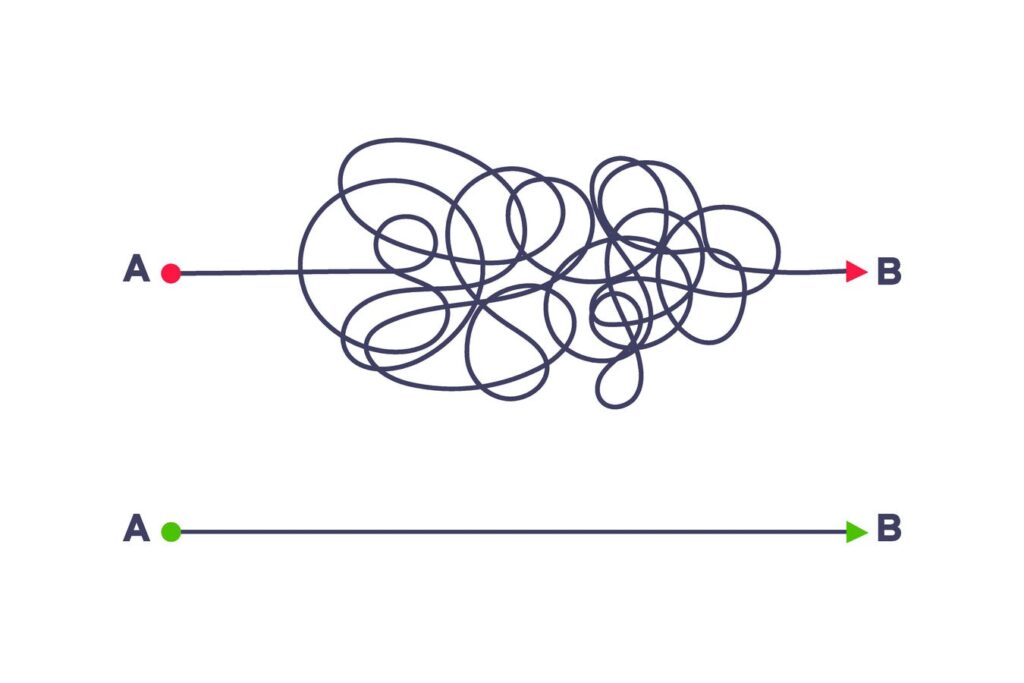I didn’t read for pleasure until after college—when I could, for the first time, choose what I read. Even then, the work of financial planning required so much compulsory reading, and time is so limited, that for many (many) years, I read no fiction.
Why would I spend time with a made-up story when the world offers so many true ones that are informative, instructive, and, well, real? It was an immature thought, I know. I’ve since concluded that much of what’s presented as fact ought to be questioned, while fiction can offer answers we once believed were beyond our literal—and literary—grasp.
Stranger Than Fiction
As a financial advisor, I’ve had the privilege of hearing—and even entering—scores of stories that could only be labeled as stranger than fiction, not because the characters, themselves, were abnormal, but because life, itself, is so predictably unpredictable. Now I believe that our lives are so uniquely shaped that we sometimes have to step beyond the real to see what is most true.
Life is not linear, so our financial planning shouldn’t be either, I believe.
One of the authors whose fiction first captivated me is writer, poet, and farmer, Wendell Berry; and one of his characters whose journey spoke so deeply to me was Jayber Crow—the young minister who walks away from organized religion and into Port William, Kentucky, where he accepts the vocational commission of town barber.
Jayber’s life is interesting enough to make him the protagonist of what many would suggest is Berry’s finest work, but what makes him such a compelling character is his cultivation of a sub-community—the barber shop—the home of so many of the town’s individual stories that it becomes a major character in Port William’s broader narrative.
Jayber Crow – An Excerpt
And it is as Jayber considers the confluence of these stories, including his own meandering path, that he delivers an observation that is, I believe, as prescient as it is beautifully written:
“If you could do it, I suppose, it would be a good idea to live your life in a straight line—starting, say, in the Dark Wood of Error, and proceeding by logical steps through Hell and Purgatory and into Heaven. Or you could take the King’s Highway past appropriately named dangers, toils, and snares, and finally cross the River of Death and enter the Celestial City. But that is not the way I have done it, so far. I am a pilgrim, but my pilgrimage has been wandering and unmarked. Often what has looked like a straight line to me has been a circle or a doubling back. I have been in the Dark Wood of Error any number of times. I have known something of Hell, Purgatory, and Heaven, but not always in that order. The names of many snares and dangers have been made known to me, but I have seen them only in looking back. Often I have not known where I was going until I was already there. I have had my share of desires and goals, but my life has come to me or I have gone to it mainly by way of mistakes and surprises. Often I have received better than I have deserved. Often my fairest hopes have rested on bad mistakes. I am an ignorant pilgrim, crossing a dark valley. And yet for a long time, looking back, I have been unable to shake off the feeling that I have been led—make of that what you will.”
As much as this nonfiction author is tempted to offer a prescriptive takeaway, I’ll instead invite you to reread Jayber’s musing—and draw whatever meaning you will.
Read the full article here


